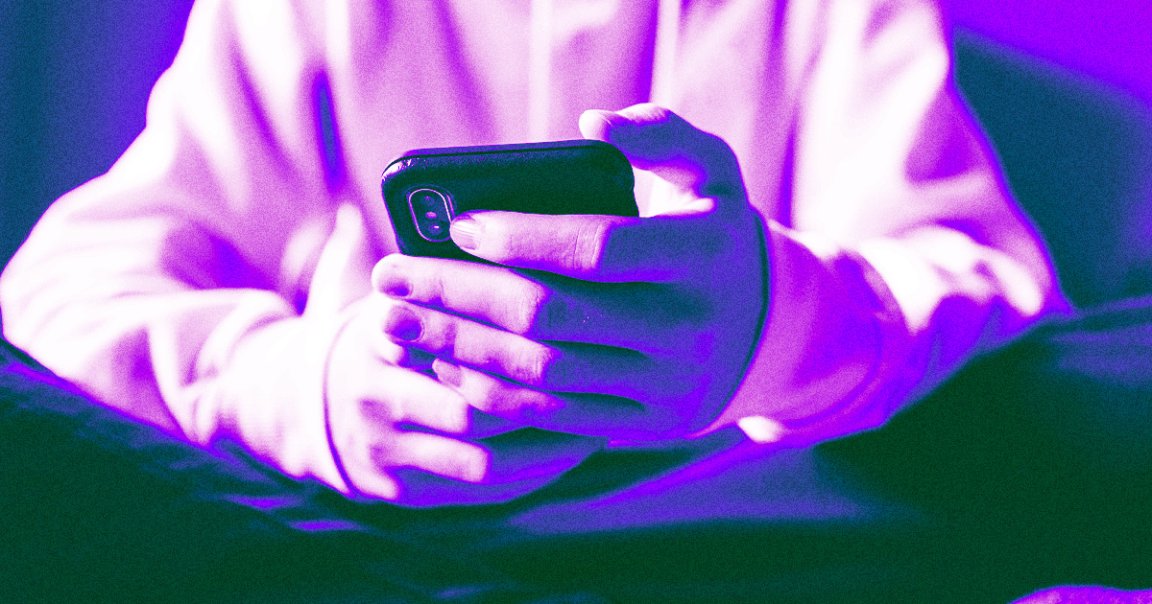
Should teenagers use social media? US Surgeon General Vivek Murthy doesn’t think so, or at least not 13-year-olds.
“I, personally, based on the data I’ve seen, believe that 13 is too early,” Vivek said on CNN Newsroom, as quoted by the outlet.
“It’s a time where it’s really important for us to be thoughtful about what’s going into how they think about their own self-worth and their relationships and the skewed and often distorted environment of social media often does a disservice to many of those children,” he added.
Many of the most notable social platforms like Instagram, Facebook, Twitter, and Snapchat allow users 13 and up to join. And in many cases, younger kids can simply lie about their age. Meanwhile, other big hitters like TikTok and YouTube have special modes designed for kids under 13 that limit the content they can see, among other safety features.
What kids can be exposed to is definitely worrying, but the problem here is also much more fundamental and lies with how children engage with social media — and how many of these products are ruthlessly designed to farm children’s attention.
“We have some of the best designers and product developers in the world who have designed these products to make sure people are maximizing the amount of time they spend on these platforms,” Murthy added, as quoted by The Hill. “And if we tell a child, ‘Use the force of your willpower to control how much time you’re spending [on social media],’ you’re pitting a child against the world’s greatest product designers and that’s just not a fair fight. And so that’s why I think our kids need help.”
One of social media’s most notorious innovations is infinite scrolling, which, as the name implies, allows users to continuously scroll through their social media feed without end, and without showing you a clear stopping point like the bottom of a page that tells your brain: “enough.”
Instead, the platform will continue to find more content to show you, until you’re compelled to refresh and scroll all over again. That phenomenon is called “doomscrolling,” and many studies have documented its adverse effects on the mind.
In addition, a recent study that scanned the brains of social media obsessed children found significant changes to the part of their brains involved in memory and emotions called the amygdala.
Kids who checked social media more than 15 times per day, the study found, exhibited heightened sensitivity towards social conditions, particularly rewards and punishments. In other words, kids hooked on social media became more anxious about social situations over time than those who used it less frequently.
To push back against social media’s troubling toll on children, Murthy suggested there should be greater safety standards these platforms should be required to meet.
“In my house right now, the vast majority of products [that we buy and use have to meet] some sort of safety standards in order to be sold,” he observed. “That is not true in general of social media.”
But he also thinks the responsibility lies with parents — not just individually, but as a collective whole.
“If parents can band together and say you know, as a group, we’re not going to allow our kids to use social media until 16 or 17 or 18 or whatever age they choose, that’s a much more effective strategy in making sure your kids don’t get exposed to harm early,” he told CNN.
Good luck with that, though. It’s hard to imagine parents cracking down on their kid’s TikTok usage wouldn’t just make them want to use it even more.
More on social media: Scientists Find Something Strange in Brain Scans of Kids Hooked on Social Media